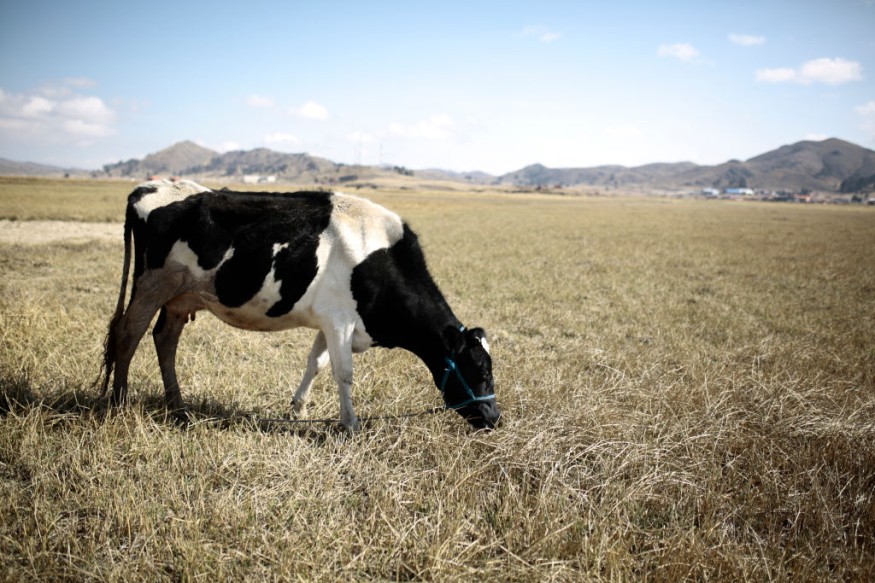
Seaweed red algae might soon be added to cow feed additives to cut methane emissions in Sweden as the government steps up its research into the matter.
According to a Swedish Environmental Protection Agency report on reduced methane emissions, progress in the subject has been "rapid in recent years" and is one of "a number of new interesting additives with higher potential."
The report mentioned the seaweed red algae and the chemical 3-nitrooxypropanol (3-NOP) as cow feed additives.
Cutting Methane Emission
According to manufacturers, feeding red algae (the active substance of which is bromoform) to meat animals on a daily basis can cut methane emissions by up to 90%.
However, the FDA stated that additional knowledge about cultivation and use was required.
3-NOP, which has been fed to numerous cattle types in Sweden and elsewhere, has been allowed for use in dairy cows in the EU since February 2022.
According to the findings, the chemical can reduce methane emissions by roughly 30% in dairy cows and 45% in meat animals.
Researchers in Australia discovered a finding concerning the consequences of feeding seaweed, which works by inhibiting microbes in the cow's first stomach from creating methane.
While some feed additives "appear to have significant potential," the report notes that there is still ambiguity about long-term impacts and obstacles that prevent them from being utilized more widely in production systems.
"More research and analysis is required both in terms of today's marketed products and to develop alternative, future feed additives," says the report.
Further Investigation Needed
As a result of the report, the study recommends that the government appoint the agency, together with other authorities, to do additional research in the area.
The areas of investigation should include socioeconomic effects, support for farmers and other stages of the food chain, improved research, innovation initiatives, and increased collaboration with the sector.
Other possible areas of research for "climate-smart cows" include increased productivity and genetic differences in how much methane cows create.
Sweden's agricultural industry produced 3.6 million tons of CO2 equivalents of methane in 2021, with cattle digestion accounting for 2.9 million tons.
"We don't have very many other measures that can have this effect within current production levels. But we also believe it's still quite new and there's still more research to be done before we can really come in with a clear policy measure," said Emma Carlen, a climate analyst at the Swedish Environmental Protection Agency.
The additional expense of such measures, she explained, was a significant limitation for farmers, which is why they wanted to investigate what financial assistance, as well as other measures, could be required.
According to Fredrik Kerman, co-founder and CEO of Volta Greentech, which is constructing a land-based seaweed factory on Sweden's west coast to create cattle feed, its test projects across two Swedish farms have decreased cow methane emissions by 80% per day.
They have detected methane emissions before and after the feed is introduced by installing a sensor on the farm, and the data is then confirmed by a third party.
The recommendations in the research are critical for the industry's development, according to Kerman.
Related Article : Seaweed Grazing Reduced Greenhouse Gas Emission of Cattles Up to 82%
Related Video:
© 2025 NatureWorldNews.com All rights reserved. Do not reproduce without permission.





